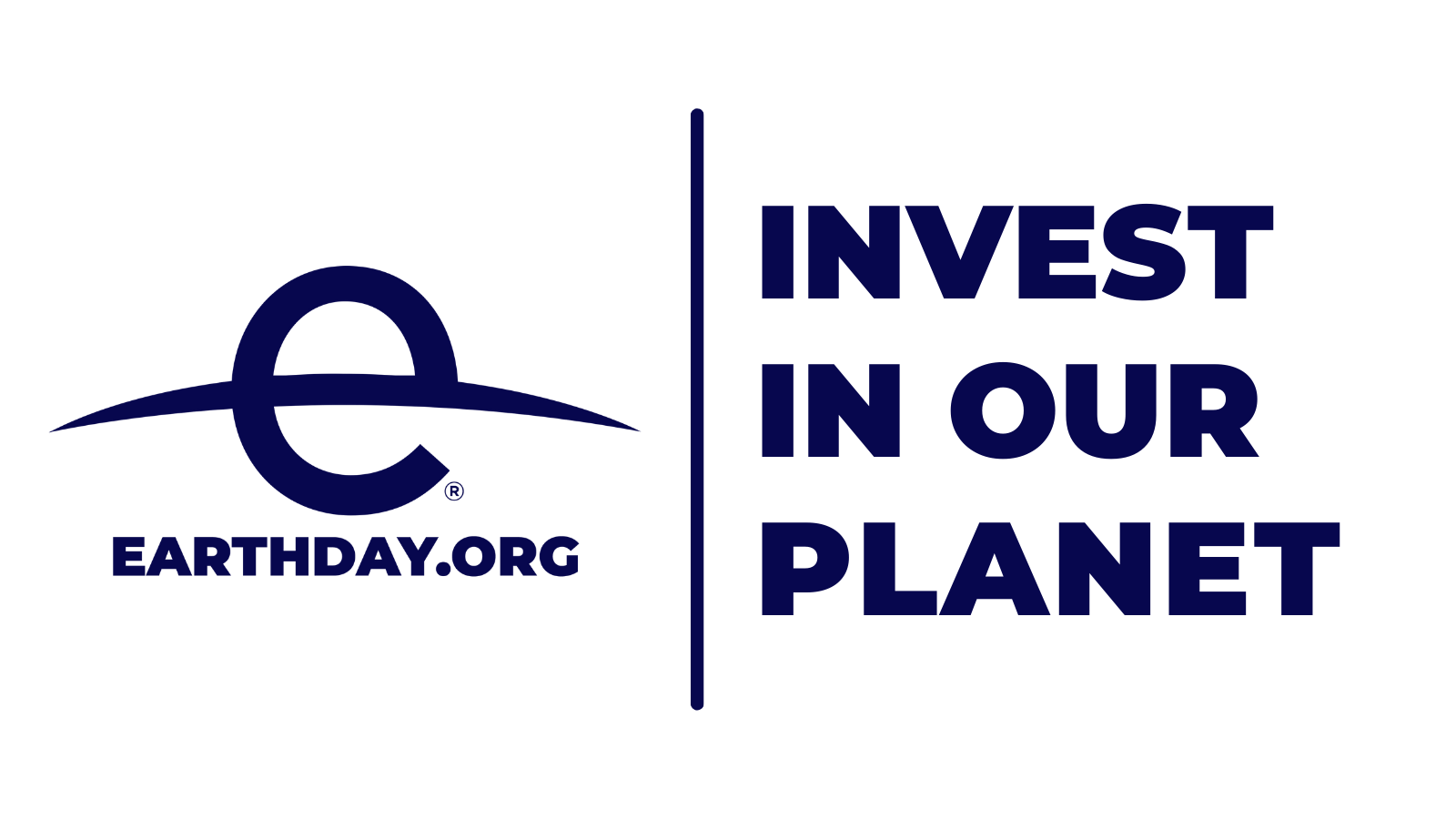|
|
|
Hi, Plastic in the natural environment is extremely harmful to wildlife and humans. It clogs our waterways, contaminates food chains, traps and kills wild animals, and pollutes the natural world. In the time it takes you to read this email, another garbage truck full of plastic is dumped into our oceans. If we don't act now, there could be more plastic than fish in the ocean by 2050.1 The challenges of throwaway culture are demonstrated by single-use plastics. We frequently value convenience over investing in high-quality items that will last. Because of our dependency on plastics, we are producing waste at an alarming rate. Every year, we generate 300 million tons of plastic,2 half of which is used for single-use items. That's roughly the same as the total human population's weight. Plastics are a toxic part of our lives. Each cup, bag, container, gadget, and utensil exposes us to dangerous chemicals that damage our health. EARTHDAY.ORG has been working to reduce plastic pollution through The Great Global Cleanup, a worldwide campaign to remove billions of pieces of trash from neighborhoods, beaches, rivers, lakes, trails, and parks. Our aim is to organize clean ups every day of the year for a brighter, greener, and cleaner planet and we need your support. With our End Plastic Pollution campaign, we seek to elevate the issue of plastic pollution in the global agenda and demand effective action to reduce and control it. EARTHDAY.ORG is working to support the Break Free From Plastic Pollution Act (H.R. 2238 and S. 984) which will tackle the exploding crisis of plastic pollution and transform waste and recycling management in the United States. We are also a part of a coalition calling for a global plastics treaty that will be a legally binding agreement on plastic pollution covering measures along the entire life cycle of plastics. To support this and other important environmental work, please make a donation today. Since the launch of The Great Global Cleanup and End Plastic Pollution campaigns, we’ve organized cleanups all over the world in 180 countries, removing tons of plastic from the environment. Whether it’s a big group event or a solo cleanup, volunteers have come together in beaches, parks, and neighborhoods to make a difference. In Brazil, more than 15,000 people removed 8,000 single-use plastic bags on the beaches of Rio de Janeiro!3 Our work has been featured on the Discovery Channel and NBC’s Today Show and our goals for 2022 are even more ambitious. With your help we will continue the fight against plastic pollution until there are no more garbage patches in our oceans or microplastics threatening our bodies and our health. Please join us, Kathleen Rogers Footnotes: 1. Knoe News: https://www.knoe.com/content/news/By-2050-there-will-be-more-plastic-in-our-oceans-than-fish-506397041.html 2. IUCN: https://www.iucn.org/resources/issues-briefs/marine-plastic-pollution 3. EARTHDAY.ORG: https://www.earthday.org/great-global-cleanup-partner-highlight-route-brazil-mobilizes-15000-people-for-rio-beach-cleanup/ |
|
EARTHDAY.ORG · 1752 N St NW, Suite 700, Washington, DC
20036, United States
|

